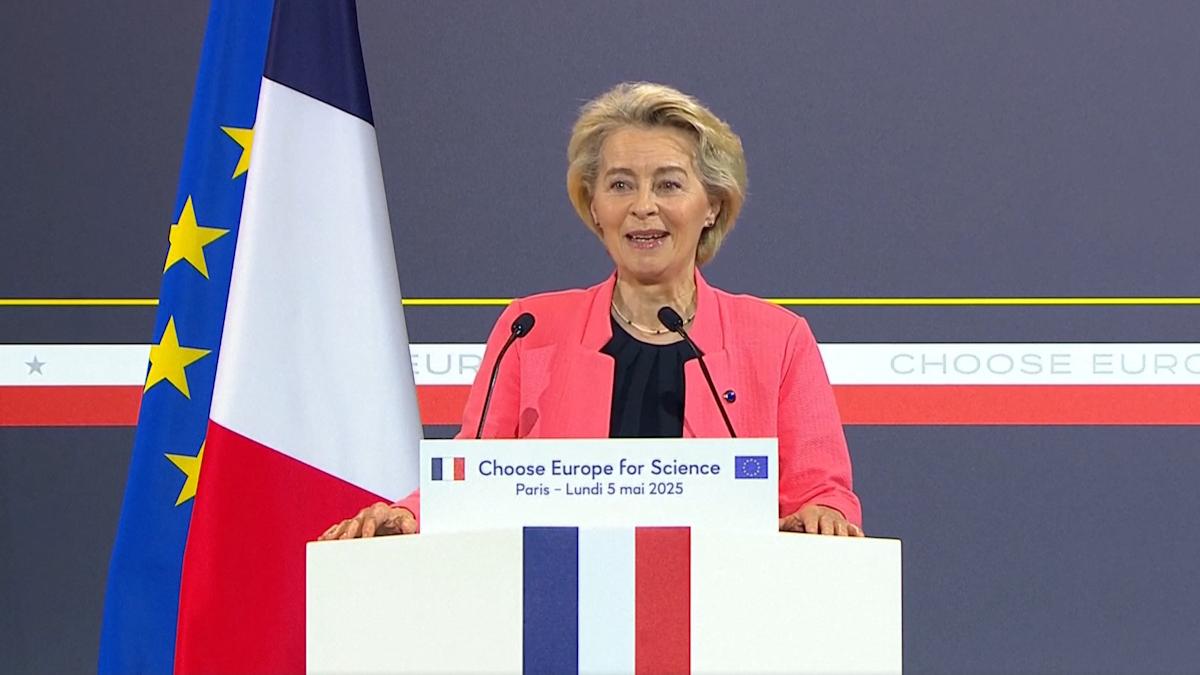EU joins the bid to court beleaguered US scientists

The European Commission has announced a €500 million ($566 million) initiative to convince top scientific talent from around the world to base their teams within the EU, including US researchers whose work has been disrupted by the Trump administration.
The 'Choose Europe for Science' scheme was revealed by President of the European Commission Ursula Von Der Leyen during a speech at the Sorbonne Université in Paris, in which she lamented the undermining of the role of science in today's world that has resulted in "fundamental, free and open research" being questioned.
That is a gigantic miscalculation, she said, whilst asserting that Europe "will always choose science, and Europe will always make the case for the world's scientists to 'Choose Europe'."
The initiative comes as the UK is reported to be about to unveil its own £50 million ($67 million) scheme, seeking to attract around 10 groups working on areas like life sciences, artificial intelligence, and green energy, as well as national efforts in EU member states including France and the Netherlands.
Von Der Leyen said the €500 million funding will be available between 2025 and 2027 and aims to "make Europe a magnet for researchers." There will be a new seven-year 'super grant' to provide long-term funding for the very best projects, and the maximum amount available to teams will be doubled this year.
The new allocation comes on top of the €95.5 billion Horizon Europe programme, which is scheduled to be renewed for a new cycle in 2027.
Start-up support
Meanwhile, von der Leyen said the objective of EU member states will be to hike spending on R&D to 3% of GDP by 2023, up from an average of around 2.2%, and announced new legislative programmes "to remove regulatory and other barriers, and to facilitate access to venture capital for innovative European start-ups and scale-ups."
The EU initiative comes as the Trump administration is pushing for big reductions in research funding at federal agencies, as well as research institutions, interference in the policy decisions of top universities, and mass lay-offs of government-funded scientists and technical experts. The President's budget request – submitted last Friday – has also been criticised for the damage it will cause to the US science base.
In her speech, von der Leyen alluded to a different culture within Europe for science, without mentioning recent developments in the US directly.
"Europe has made its choice. We are choosing to start a new age of invention and ingenuity. We are choosing to put research and innovation, science and technology, at the heart of our economy," she said.
"We are choosing to be the continent where universities are pillars of our societies and our way of life. We are choosing to be the continent where innovation serves humanity, where global talent is welcomed."












